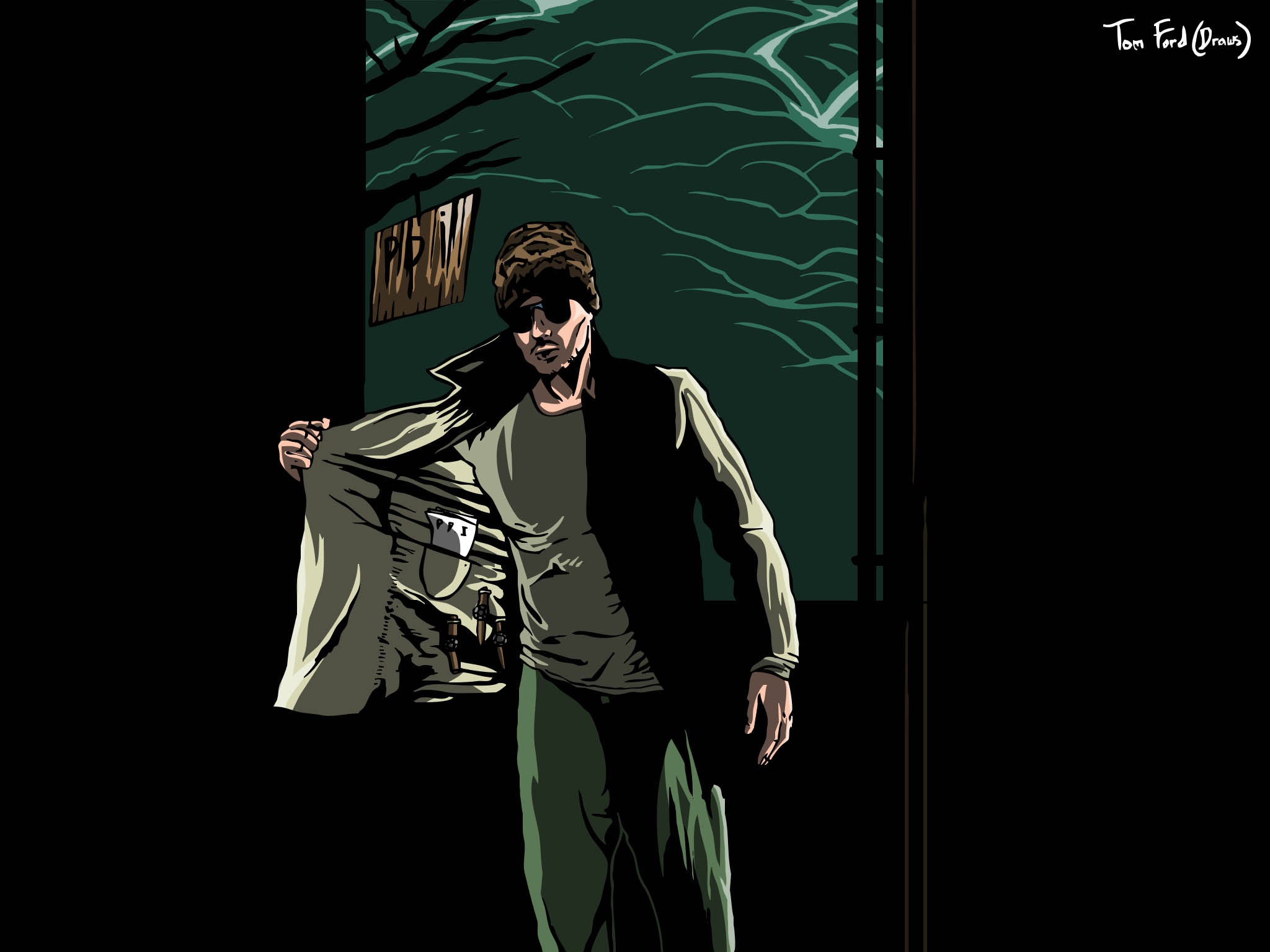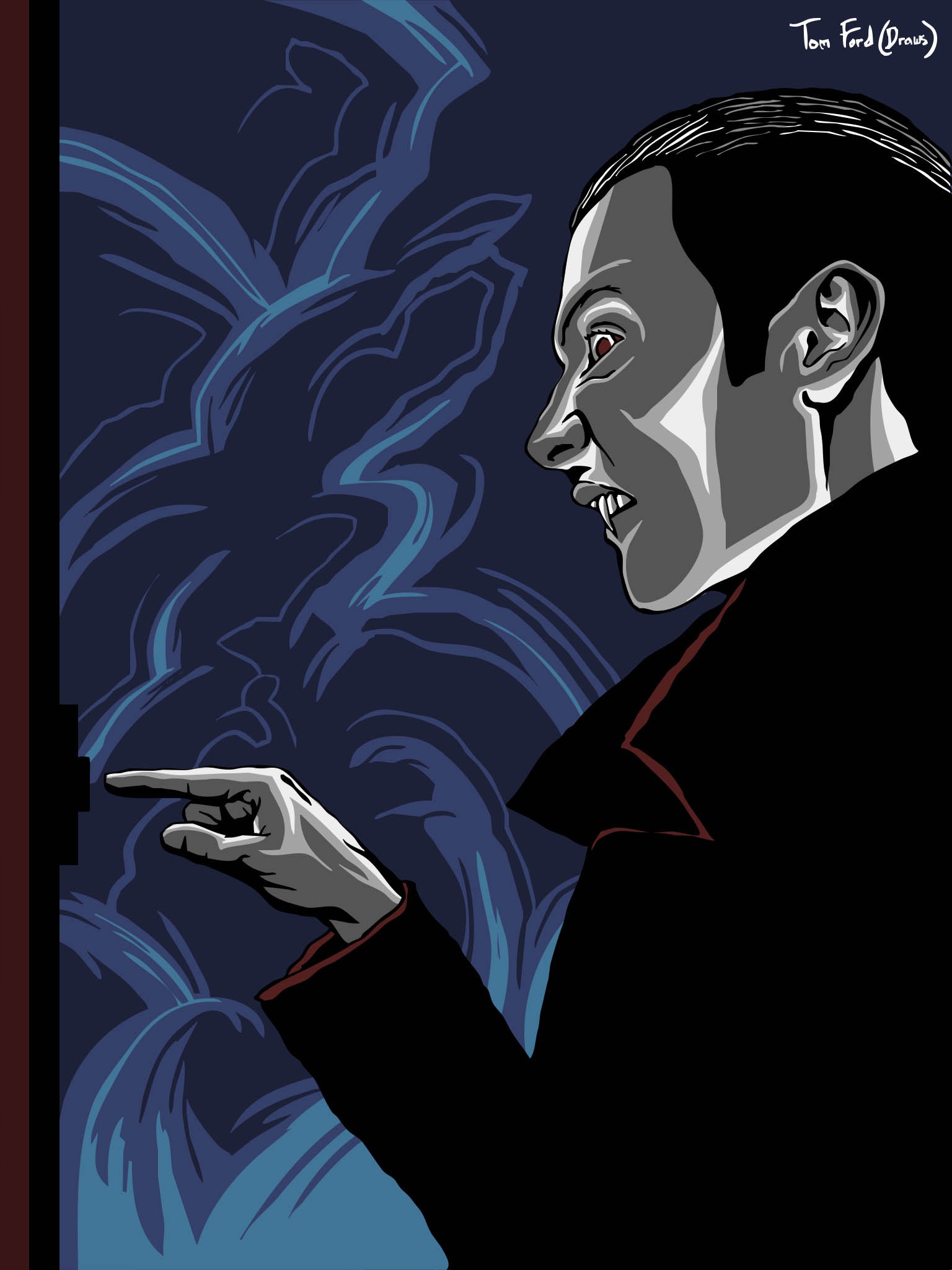Why 'Have you been missold PPI?' might not be as annoying as you think
Continuing her series tackling socially unacceptable questions, Christine Manby explores whether she should have taken note of those cold callers after all


When did you last use your landline? A quick poll of a totally non-representative sample of friends and acquaintances suggests that we all stopped answering our landlines in around 2011, which was when the banks agreed to pay compensation to customers who had been missold Payment Protection Insurance (PPI) and our phones started ringing off the hook with offers of assistance in claiming money we didn’t even know we were owed.
When the news first broke I took a look at the literature regarding compensation and quickly came to the conclusion that I probably wasn’t affected by the rulings. Having been self-employed since the turn of the century (the turn of the 21st century), I’d been aware for a long time that PPI was pretty much useless to me since when it came to claiming in case of unemployment, I would never satisfy the criteria the insurers set for being unemployed. So, every time I was offered PPI, I turned it down, smugly informing the salesperson that they should know it wasn’t suitable for freelancers.
Then earlier this year, my friend Ani had a payout. Like me, she’d been self-employed for years and had always, when offered, turned the insurance down. She was convinced she’d never had any. But on the insistence of her partner, she’d put herself in the hands of one of those companies that claimed they could track down a refund. “Not one of the companies that does all the cold calling,” she assured me. “This one will only phone you if you contact them first.”
A bit like a vampire having to be invited in before it bites you, I thought. Anyway, three months later she was £4,000 richer thanks to a PPI rebate on two store cards she’d forgotten she ever had.
But if she didn’t remember having the cards, how on earth had she managed to get a rebate on them? She obviously hadn’t kept any paperwork. “Didn’t need it,” she said. The PPI hunters had done everything, writing to every bank she’d ever heard of. The onus was on the banks to surrender the details, they said. The process, she assured me, was utterly painless.
Ani’s surprise payout was not to be sniffed at. The very next day, I asked her to put me in touch with her treasure hunters too. Less than a fortnight later, their search turned up a hit. It transpired that PPI had been added to my first ever mortgage.
I recalled the nice lady who interviewed me when I wanted to buy my first flat (back in the day when you had to go in to the bank in your best jobseeking outfit). Had she really stiffed me by assigning an insurance policy I hadn’t needed, back when I could ill afford payments I wasn’t obliged to make? The PPI hunter helped me to fill out the forms. “How did I feel?” he asked. I was surprised to find that I did actually feel somewhat aggrieved. And stupid. How had I missed it?

The PPI hunter explained to me that PPI wasn’t always labelled as such. It had more names than Beelzebub. And sometimes lenders implied that agreeing to take out the insurance would guarantee a loan offer, making borrowers feel they had no choice.
There was more good news to come. Within days of the mortgage revelation, I received texts telling me the insurance had been added to my payments on two credit cards that, just like Ani, I couldn’t even remember having taken out. They were cards I certainly had no records for.
“How do you feel?” the PPI hunter asked again.
“Actually,” I said. “I think I’m a bit angry.”
I was also more than a little bit excited. I was going to get a payout!
I started thinking about how I would spend my windfall. If Ani could get back £4,000 on two store cards, then surely I’d get much more than that for a mortgage. I found myself spending hours on financial blogs, trying to work out the possible sum. One site suggested that PPI added to a mortgage could be worth as much as 10 per cent of each monthly payment. That was a hell of a lot of money to be paid back with 20 years’ worth interest at 8 per cent. One of the biggest pay outs to date was £142,000.
Except that it turned out I hadn’t paid any PPI on my mortgage. I had indeed been missold the policy by that not-so-nice lady, but it seems that I cancelled it as soon as I was out of her office. My claim against the first card also drew a blank. I hadn’t ever used the card, which is possibly why I didn’t remember having it.
However, late one afternoon, I got a text to tell me that Santander, which now manages one of the credit cards, wanted to make me an offer. I tried to get through to the PPI hunter at once but it was too late to speak to him that day. All evening I considered the delicious possibility of a proper kerching moment at last. I even dreamed about the conversation I would have the following morning.
“They’re offering £20,000,” the PPI hunter said (in my dream). “Are you happy to accept that?”
Happy? I was over the moon. When I woke up, I still felt elated. Even if I got only a tenth of that dream figure I’d have enough to get the gutters fixed, replace the rotten decking, repaint the bedroom a colour that doesn’t look like mould in the morning light…
As soon as the PPI hunter’s office opened, I was on the phone. I didn’t even mind going through the usual palaver of identifying questions.
“Santander have indeed made an offer,” the PPI hunter said.
Yes, I thought. I’d stuck it to the man. I doodled pound signs while I waited for a five-figure total.
“After income tax and our deductions plus VAT, the total amount owing to you comes to £4.49.”
What?
“£4.49.”
I made him say it twice more for good measure.
“Don’t spend it all at once,” he said.
I would never get shot of that decking. I emptied all the online shopping baskets I’d been filling since I got the first text.
When I told friends the results of the PPI hunter’s investigations, some suggested that my measly payout represented a blow on behalf of everyone who’d had to give up using their landline in a desperate bid to stop the cold callers. “It must have cost them way more than £4.49 to investigate your case,” one friend said. Which made me feel terrible for having used one of the few firms that hadn’t actually solicited my business.
I tried to take comfort in the fact that my pathetic payout was not really a matter of bad luck. It was the result of relatively good judgment. I’d kept a beady eye out for extraneous charges and here was the proof that I’d manage to avoid nearly all of them. Yay for me.
But what the whole disappointing episode also showed me is that, just as the cold callers have been telling us for years, it really is possible that you’ve been sold PPI without knowing anything about it. You’ve still got until August 2019 to see whether it happened to you. Might be worth the price of a coffee.
Christine Manby has written numerous novels including ‘The Worst Case Scenario Cookery Club’
Join our commenting forum
Join thought-provoking conversations, follow other Independent readers and see their replies
Comments